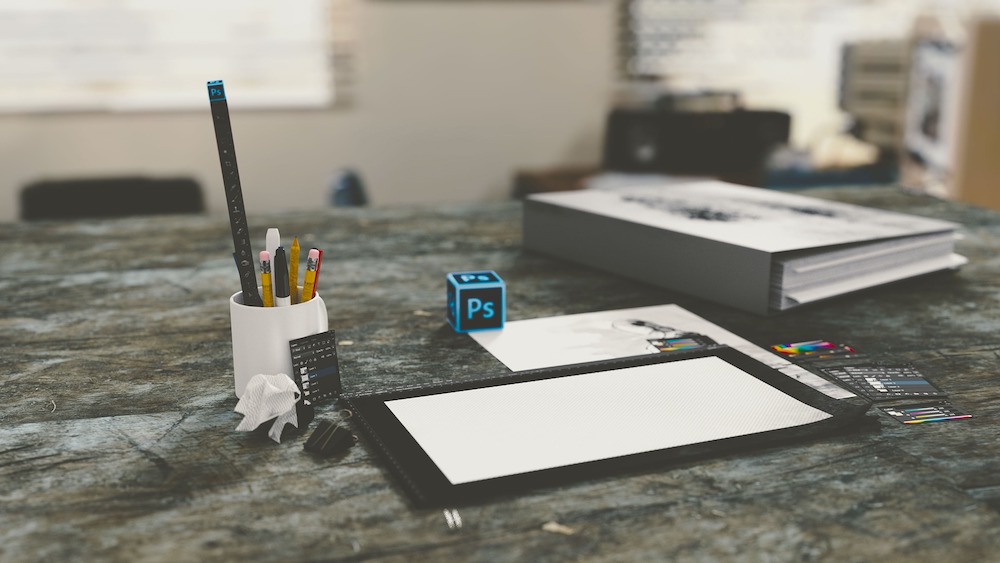Managing productivity in an office setting can be tricky, particularly when the weather is like it is right now! We’re not talking about how to get people to spend less time watching YouTube videos at work or fantasising about ice creams and the beach – but the kind of productivity that helps your employees do their jobs better, faster, with less mistakes. For example, some studies have shown that the average employee wastes up to 4.3 hours a week looking for paperwork that’s been lost or misplaced. Paperwork clutter is still one of the biggest barriers to productivity in the British workplace, so today, we have 10 things you can do to turn your paperwork from an obstacle into a helpful tool.
Organise: You know how you work, and what you need at hand to do your job properly. So make sure you have the things you use every day on or in your desk, within easy reach. Beyond that, all supplies should have a place, so you and your employees know where to find them and where to put them when they’re finished. Use a standardised filing systems for paper and digital documents, with proper indexing for easy retrieval later on.
Keep To-Do Lists: Daily, weekly and monthly do to lists are a godsend for productivity. The whole point of them is to keep you focused in achieving tasks, with the feeling of achievement when you tick one off to go with it. To-do lists will also help you to prioritise tasks, and help you understand what information you need and what you don’t.
Label Everything: Labelling everything helps you to keep information better organised, making it easier to find later on. Confidential information should be labelled by contents and disposal date in order to meet GDPR requirements.
Use Folders: Putting project information into folders helps keeps our desks clear of papers and, keeps documents sorted on your computer too. A clear work environment will help keep you focussed on your tasks, and reduce the amount of time you spend looking for information every day.
Lock It Up: According to GDPR, all confidential information should be locked away. A lockable drawer, filing cabinet or storage cupboard is perfect for physical paperwork, while password protected drives are ideal for digital information.
Purge: Every few months, take stock of the documentation, stationary and information you have, and have a good clear out. Delete or destroy documentation that isn’t needed, and clear out things that haven’t been used or aren’t needed any more. This will help keep your business more organised and less likely to fall foul of GDPR.
Back It Up: Backups are an important part of your business continuity plan, and make sure that you can always access the information you need. So even if your business is hacked or you lose a file, you will always have a copy of it to fall back on.
Use Technology To your Advantage: Keep phone numbers and other often-used data on your computer and/or mobile phone. You can also use online organisers to help you manage your time and data better.
Stay Tidy: Make a point of tidying your workspace every day. Some people prefer to do this at the start of the day, others at the end, but a daily tidy and organise will help you stay focused and sends the right message to visitors and other employees.
Go Green: While lams, desks and chairs in decent condition can be recycled and donated, never throw away, give away or recycle paper or digital documents before destroying them. A secure shredding policy means that all documents should be shredded before they are then recycled into new paper materials, to protect confidentiality.
And with all of these things, make sure you are destroying paperwork that’s no longer needed. As well as keeping you compliant with GDPR, it stops the paperwork from piling up and turning into a storage and filing nightmare. If you can’t do this in house, then you can always hire a shredding company (like us) to take your old paperwork away and destroy it securely. For more information, just get in touch with us today.


Recent Comments